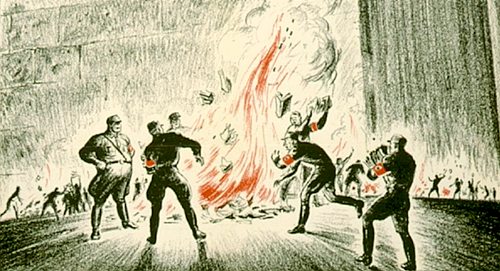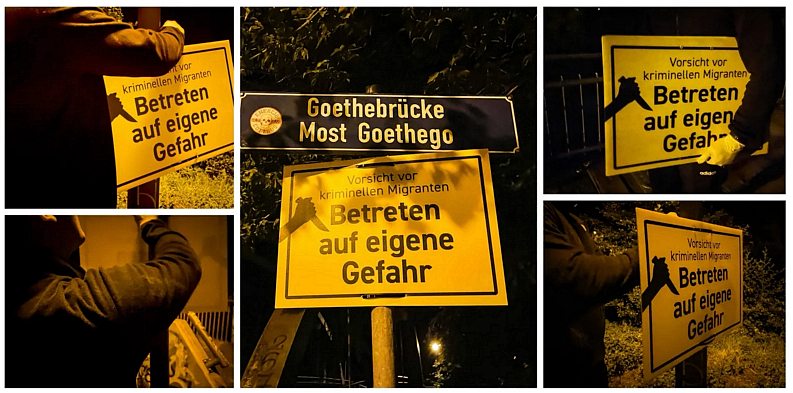A “French” imam is on the lam after an expulsion order was issued against him due to his incendiary sermons.
Imam Hassan Iquioussen can be expelled to Morocco, the Council of State having given its approval
The Minister of Interior had asked for the lifting of an administrative order of suspension of the expulsion request for this preacher, accused of giving “a speech with anti-Semitic content.”
August 30, 2022
Imam Hassan Iquioussen is on the run and has been placed on the list of wanted persons, a source close to the case reported to Agence France-Presse on the evening of Tuesday, August 30.
Earlier in the day, the Council of State, the highest French administrative jurisdiction, gave a green light to his expulsion to Morocco, after a request from the Interior Minister, Gerald Darmanin, against a ruling from the administrative tribunal of Paris suspending the expulsion of the preacher. The police proceeded to the residence of the Moroccan imam in Lourches, near Valenciennes (North) to arrest him. But they could not find him, according to a source close to the case, who raised the possibility that he is in Belgium.
On July 28, the Minister of the Interior had issued an order for expulsion directed at Mr. Iquioussen due to “a proselytizing speech interspersed with remarks inciting hate and discrimination and carrying a vision of Islam contrary to the values of the Republic.”
Petitioned by Mr. Iquioussen’s lawyers, the Paris administrative tribunal suspended this extradition demand in early August, arguing that the expulsion of the imam, born in France 58 years ago, but with Moroccan nationality, would constitute a “disproportionate attack on his private and family life.”
“Explicit and deliberate acts of provocation of discrimination”
The Interior Minister particularly criticized the imam for “a particularly virulent anti-Semitic speech,” and his sermons advocating the “submission” of women “in favor of men”. The expulsion order also referred to the encouragement of “separatism” and “contempt for certain Republican values, such as secularism and the functioning democracy of the French society.”
In his decision, the interim judge of the Council of State ruled that “his anti-Semitic remarks, going back several years, during numerous widely disseminated conferences, as well as statements on the inferiority of women and submission to men constitute explicit and deliberate acts of provocation to discrimination and hate, justifying the expulsion decision. He (the judge) also ruled that this decision does not pose a serious and manifestly illegal attack on the private and family life of Mr. Iquioussen,” the highest administrative jurisdiction explains in its statement.
In a tweet posted just before the press release by the Council of State, the Interior Minister stated that this decision was, “a great victory for the Republic.” “He will be expelled from France. Once arrested, he will be placed in an administrative detention center,” Mr. Darmanin stated early this evening from the steps of his ministry, noting that “since 2017, 786 radicalized foreigners have been expelled,” and that “74 of them over the course of recent months.”
 California Governor Gavin Newsom signed an executive order to increase the state’s electricity supply in the face of a weeklong heat wave. Meanwhile, the California Independent System Operator has extended the “Flex Alert” calling for citizens to reduce electricity use. Owners of electric vehicles have been asked not to recharge them while the alert is in effect.
California Governor Gavin Newsom signed an executive order to increase the state’s electricity supply in the face of a weeklong heat wave. Meanwhile, the California Independent System Operator has extended the “Flex Alert” calling for citizens to reduce electricity use. Owners of electric vehicles have been asked not to recharge them while the alert is in effect.









